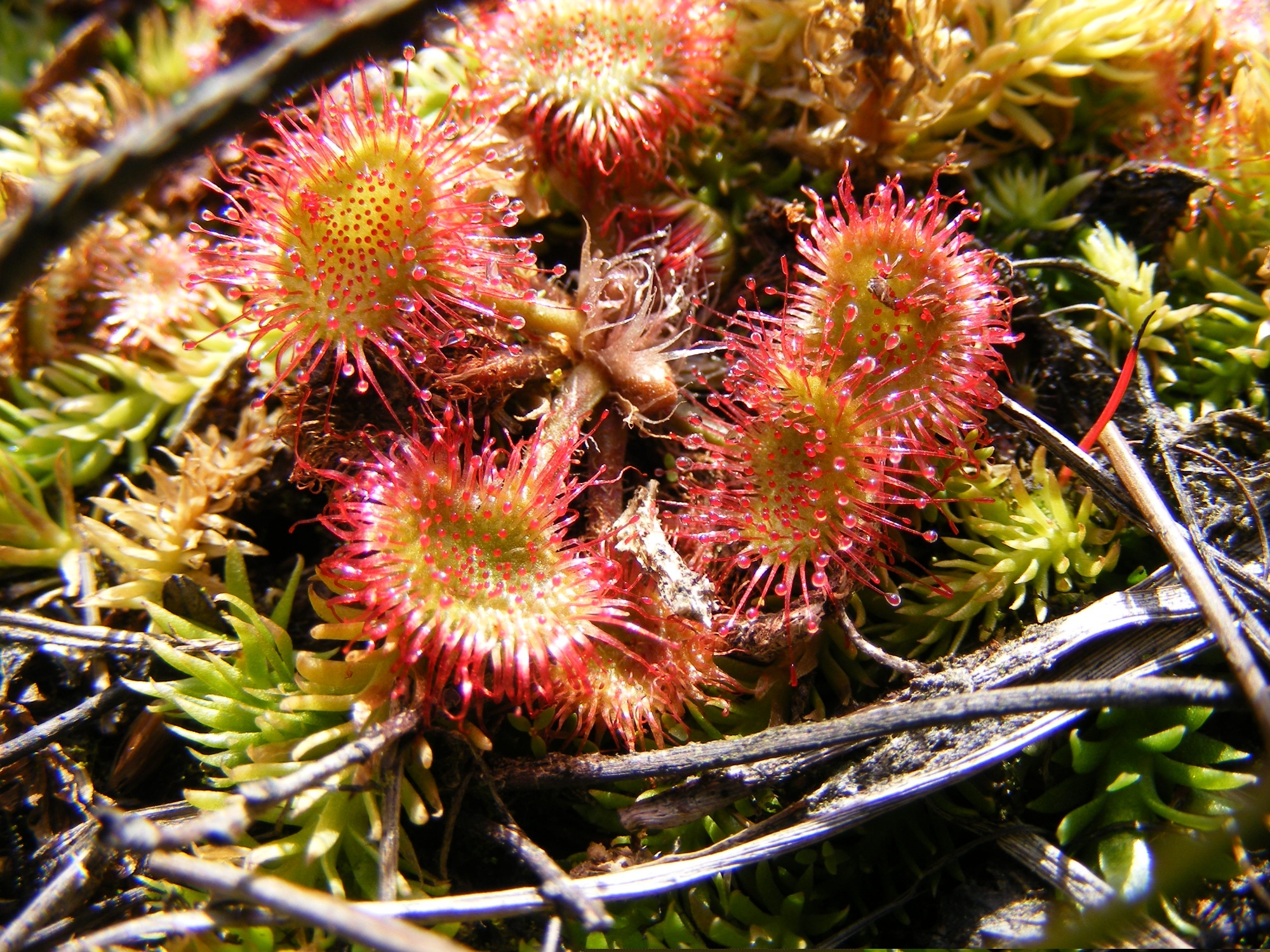Biology
Biology at Rugby High School
Please click on the links further down this page to see the content for the GCSE curriculum.
Biology involves studying a wide range of exciting topics that have a profound impact on our daily lives including our health and ecological concerns. Stem cell research, genetic modification, gene therapy, DNA technology and new medicines are all increasingly important to our lives. In studying A-Level Biology you will gain a scientific understanding of the structure and function of living organisms and the application of this knowledge in the 21st Century.
The A-level course builds on concepts and skills that have been developed in the GCSE Science specifications. It presents Biology as a relevant, challenging and rapidly developing subject, which is never far from the news.
The A Level course includes eight topics for study, four in each year.
Course Content for A level Biology
1. Biological molecules.
2. Cells.
3. Organisms exchange substances with their environment.
4. Genetic information, variation and relationships between organisms.
5. Energy transfers in and between organisms.
6. Organisms respond to changes in their internal and external environments.
7. Genetics, populations, evolution and ecosystems.
8. The control of gene expression.
Biology is fundamentally an experimental subject, and there will be numerous opportunities to use practical skills to link theory to reality. These skills will be assessed on the written papers and a minimum of 12 practical activities will assessed for endorsement against the Common Practical Assessment Criteria throughout the course.
Who should consider Biology?
Those who are looking towards the wide range of Biology-related higher education courses including Dentistry, Medicine, Veterinary Science, Agriculture, Biochemistry, Environmental Science, Food Science, Forensic Science, Nursing, Optometry, Pharmacy, Physiotherapy, Plant Sciences and Zoology.
Biology mixes well with all subjects. However, if you are considering studying Biological Sciences at degree level you should consider including Chemistry, Physics, Maths, Geography or Psychology as one of your other options. It is highly recommended that you consider complementing your Biology studies with one or more of these subjects.
Please note that a significant proportion of the course is Biochemistry and that many university Biological Science departments require A level Chemistry to support further study. Also, 10% of the exam marks will be for mathematical skills.
Entry requirements At least grade 6-6 in GCSE Science or grade 6-6-6 in GCSE Chemistry, GCSE Biology and GCSE Physics. A minimum of a grade 6 in higher tier Maths is also required.
Click on the links below to see the content for the GCSE curriculum.
What former students say:
"Thank you for being amazing teachers throughout sixth form. From answering a million questions, meeting me at lunch time to go through concepts, and providing detailed feedback on my now award-winning essay, you helped as much as you possibly could with both my understanding and personal statement, and I’m really grateful.
You made lessons interesting and showed a genuine passion for the subject, and because of that I absolutely love Biology and can’t wait to study it more.
I’m over the moon with my A in Biology and am now off to the University of Sheffield where I’ve just selected my modules - evolution, biochemistry, molecular and cell biology, genetics, and physiology with pharmacology."

